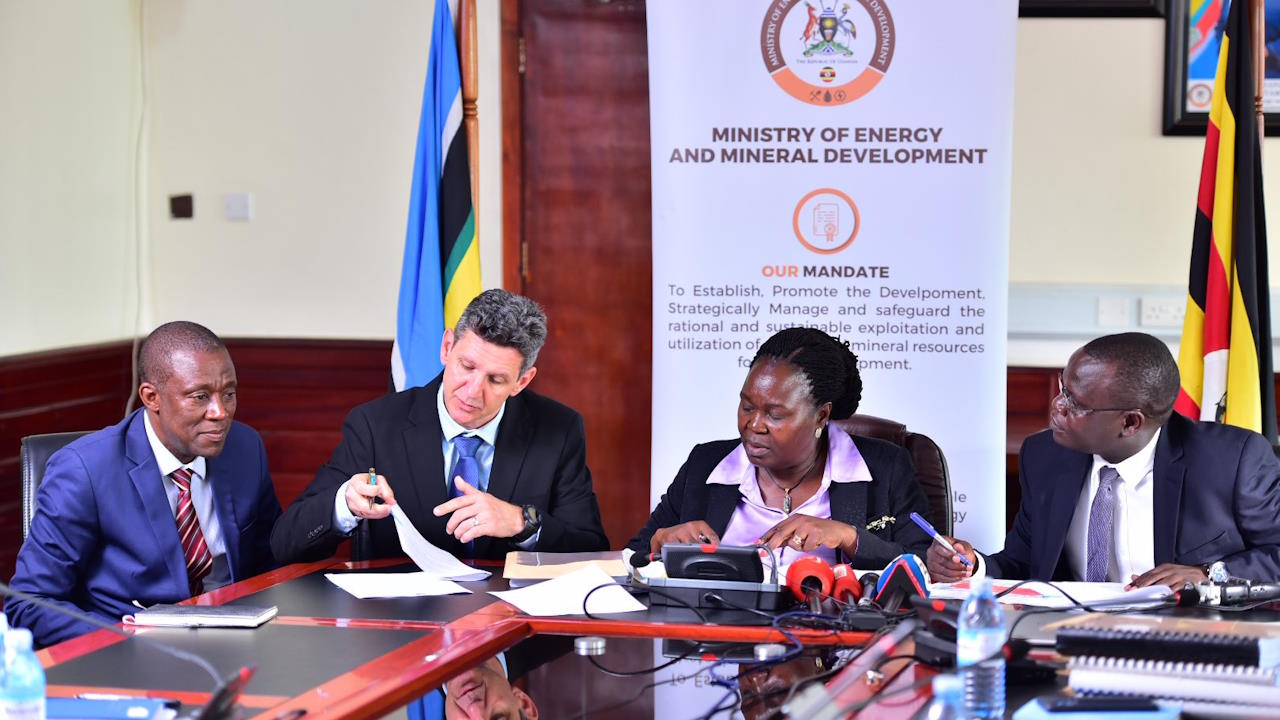Environmental experts have issued a plea to artisanal miners in Kassanda district, urging them to discontinue the use of mercury in extracting gold due to its detrimental effects on both human health and the environment. This call to action comes following a visit by the PlanetGold project team, along with Members of Parliament from the natural resources committee, officials from the Energy Ministry, NEMA, and others, to the Kayonza mine site.
Anne Nakafeero, a principal environment officer in charge of biodiversity at NEMA, highlighted the alarming findings of a 2018 study, revealing that over 30,000 kilograms of mercury are released into the environment annually, with artisanal and small-scale gold mining being the leading contributor, releasing over 18,000 kilograms of mercury. This significant release of mercury poses serious risks to both human health and the ecosystem.
Nakafeero emphasized the urgent need for artisanal and small-scale gold miners to abandon the use of mercury in their operations to avoid the negative consequences on their health and the environment. Lynn Gitu, the Project Manager at PlanetGold Uganda, shed light on the global initiative’s mission to ensure a clean supply chain of artisanal small-scale gold across 23 countries worldwide.
Gitu underscored the toxicity of mercury and its detrimental effects on human health and the environment, stressing the international consensus on the elimination of mercury from the gold supply chain. The visit to the Kayonza mining site aimed to raise awareness among stakeholders, particularly Members of Parliament, about the challenges faced by artisanal and small-scale miners and the need for investment in safer alternatives.
While acknowledging the historical reliance on mercury due to its simplicity and accessibility, Gitu highlighted the availability of alternative technologies on the market that offer safer and more sustainable methods of gold extraction. These alternatives, ranging from approximately 1.8 million shillings to 20,000 dollars, provide viable options for miners to transition away from mercury use.
The PlanetGold Uganda project, supported by the Global Environment Facility (GEF) and executed by IMPACT in collaboration with UNEP, NEMA, and the Directorate of Geological Survey and Mines, aims to reduce mercury use by at least 15 tonnes over the next five years. Gitu emphasized the project’s commitment to working with local communities to improve health outcomes and mitigate mercury pollution in artisanal and small-scale gold mining, benefiting both miners and the environment.
Over the course of five years, the project will target 4,500 artisanal miners across 11 mine sites in seven districts, implementing measures to promote safer mining practices and reduce mercury contamination.




















